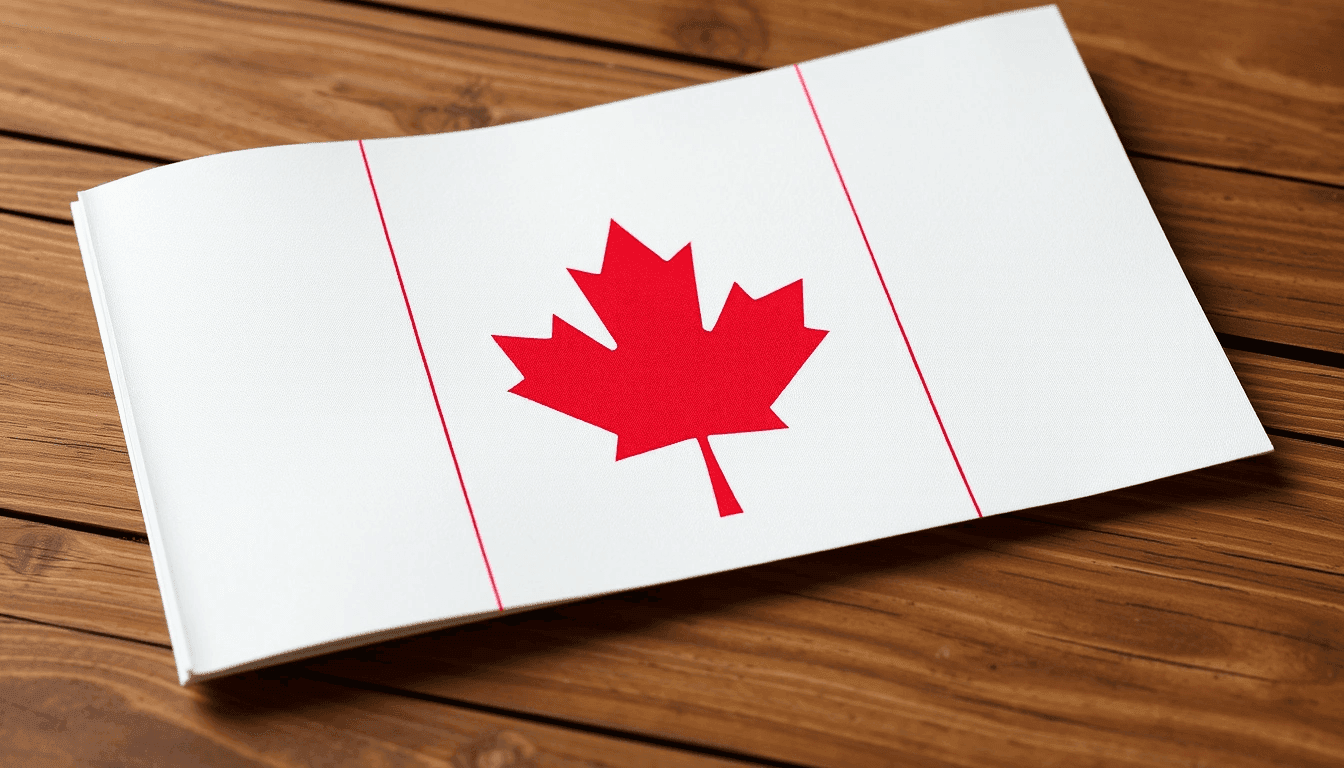

Receiving a rejection notice for an Overseas Citizen of India (OCI) card can be a profoundly frustrating experience, particularly for those in Canada who see OCI status as an essential link to their heritage, family, and investments back home. It's a situation many find themselves in, often after meticulously preparing their initial application, only to be met with a terse refusal. The dream of seamless travel, property ownership, and the ability to work in India without a visa suddenly hits a bureaucratic roadblock. What's more interesting is that while the number of OCI applications from Canada has surged in recent years, reflecting the vibrant growth of the Indian diaspora here, so too has the scrutiny applied to these applications, leading to an increasing, albeit still relatively small, number of rejections.
The reasons for such rejections are varied, but often boil down to a few critical areas. We're talking about everything from documentation inconsistencies—perhaps a mismatched name on an old passport versus a current one, or an issue with parental lineage proof—to more complex matters involving eligibility criteria. Sometimes, it's about the applicant's or their ancestors' past status, particularly if there were any ties to sensitive regions or previous renunciation of Indian citizenship that wasn't fully documented. Other times, it's a simple, yet frustrating, administrative lapse, like an expired document or an unaddressed discrepancy identified during the verification process. Understanding the specific reason for rejection is the absolute first step, as the rejection letter usually provides a hint, if not a direct explanation.
Once a rejection is received, the immediate question for many is, "What now?" Fortunately, there is an appeal process, though it often requires patience, persistence, and a thorough understanding of the requirements. Typically, the initial point of contact for an appeal would be the High Commission of India in Ottawa or the respective Consulates in Toronto or Vancouver, depending on where the original application was submitted. However, it's important to understand that the ultimate authority for OCI matters rests with the Ministry of Home Affairs (MHA) in India. This means that while local missions facilitate the process, significant decisions, especially appeals, often involve a direct review by the MHA.
The appeal process isn't a mere re-submission; it's a chance to address the specific grounds for rejection. Applicants will generally need to submit a formal appeal letter, clearly stating their case, along with any new or clarified supporting documents. This might include affidavits to address name discrepancies, additional historical records to prove lineage, or detailed explanations regarding any past citizenship issues. What's critical here is to not just resend the same documents, but to actively rectify the identified flaw. If the rejection was due to a missing signature, ensure it's there. If it was a date discrepancy, provide an official explanation or updated proof. This meticulous attention to detail can make all the difference.
For those navigating this complex terrain, a few strategic considerations can significantly enhance the chances of a successful appeal. Firstly, clarity is paramount. Your appeal letter should be succinct, factual, and directly address each point raised in the rejection notice. Avoid emotional pleas and stick to verifiable facts and documentation. Secondly, compiling an exhaustive set of supporting documents is non-negotiable. Think of it as building an unassailable case. If the MHA requires a specific document, ensure it's not only provided but also properly attested and translated if necessary. Thirdly, understanding the communication channels is key. While you'll interact with the Canadian missions, remember that the final decision often comes from India, which can sometimes mean longer processing times. Following up politely and persistently, while respecting the established channels, is advisable.
The implications of an OCI rejection extend beyond just convenience; they can impact long-term plans for business, property, and family connections. Therefore, approaching the appeal process with a strategic mindset, armed with precise documentation and a clear understanding of the regulatory framework, isn't just helpful—it's essential. While the path may seem daunting, a well-reasoned and thoroughly documented appeal stands a strong chance of overturning an initial rejection, thereby restoring that vital link to India. For many in Canada, that connection isn't just about citizenship; it's about identity, belonging, and the future.

About Harleen Kaur Bawa
Harleen Kaur Bawa is a licensed immigration attorney specializing in Canadian immigration and Indian services. With extensive experience in family sponsorship, Express Entry, refugee claims, and OCI services, she has successfully helped hundreds of clients navigate complex immigration processes.
Harleen holds degrees from York University - Osgoode Hall Law School and the University of Toronto, and is certified by the Law Society of Ontario and the Immigration Consultants of Canada Regulatory Council. She is committed to providing personalized, professional legal services to help clients achieve their immigration goals.
Related Articles

UK Intensifies Student Sponsor Checks: Tougher Sanctions, Student Verification Now Crucial
UK tightens student visa compliance for institutions. Discover stricter audits, penalties & crucial steps for international students to verify sponsors.

Navigating the Global Talent Maze: Translating Diplomas and Enduring Consular Waits for Employer-Led Entry
Master the global talent hunt. Understand employer-led immigration hurdles: diploma validation, lengthy visa waits, and variable processing by region impacting international hires.

Ongoing Consultations with Provinces Shaping National Policy Landscape
Federal-provincial consultations in Canada aim to forge a national strategy for economic recovery, climate, & healthcare. Explore how this will redefine intergovernmental cooperation.